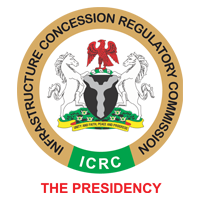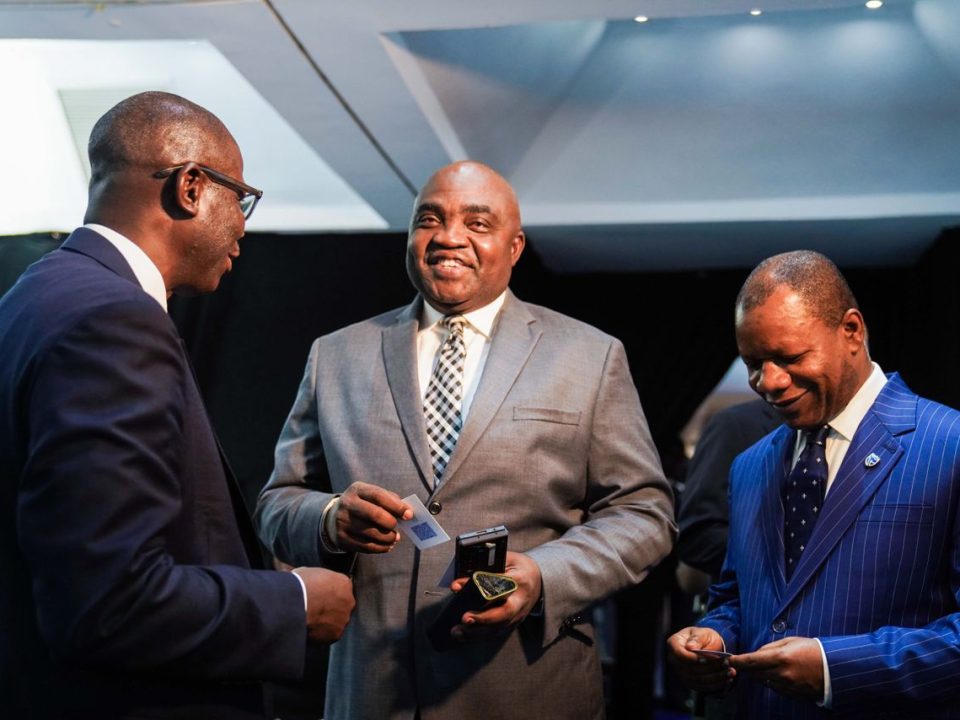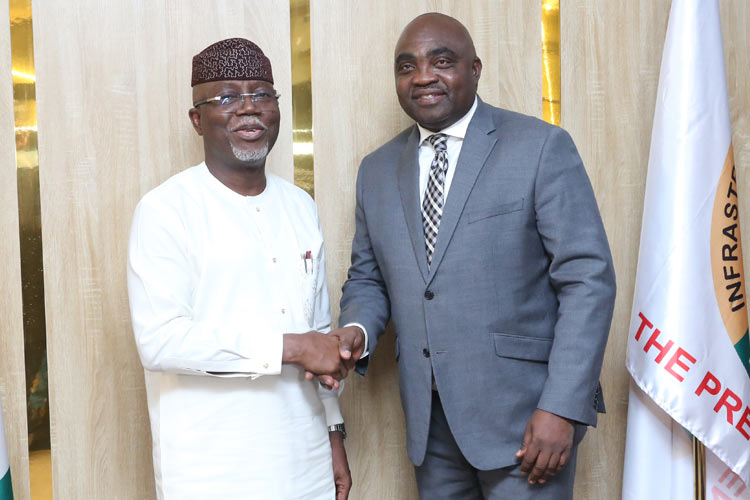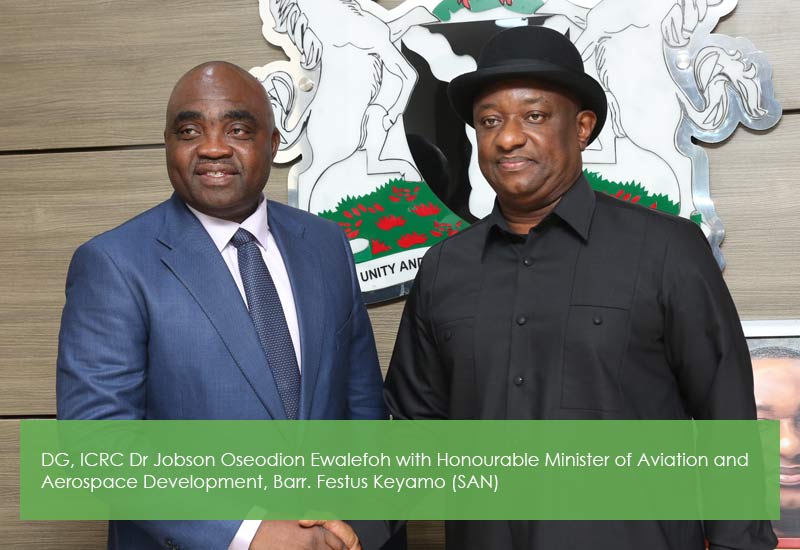FG Promises to Leverage on PPPs to Address $3trn Infrastructure Deficit
The Federal Government says it will continue to leverage on Public Private Partnerships (PPPs) to bridge the three trillion dollars worth of infrastructure deficit in the country.
The Director-General, Infrastructure Concession Regulatory Commission (ICRC, Mr Chidi Izuwah said this on Tuesday in Abuja at the opening of the PPP Financing Policy and Law Masterclass.
He said that there were many infrastructure projects that could be completed if the government collaborates with the Private Sector, in spite of paucity of government funds.
To ensure the success of these partnerships, Izuwah said relevant agencies needed training on how to make projects bankable, adding that was what ICRC aimed to achieve with the masterclass.
“In 2018, the Commission issued a total of 20 Outline Business Case and 10 Full Business Case Compliance Certificates.
“We believe that more bankable and viable projects will be certified for compliance in 2019.
“That is why we take these capacity building opportunities very seriously as they would assist in the better delivery of infrastructure to the nation and continent,” he said.
Also speaking, the Permanent Secretary, office of the Secretary to the Government of the Federation, Mr Gabriel Aduda said government would do everything in its power to attract private sector investment.
“The truth of the matter is that no nation can have enough resources to develop its infrastructure stock without bringing in the private sector.
“Every nation that has made it today is because they were able to see early enough the importance of PPP and latched onto it, so we cannot afford to be left behind,” Aduda said.
The Executive Secretary, Federal Capital Development Authority (FCDA), Mr Umar Jibrin reiterated the readiness of the FCDA to partner with the private sector to deliver on critical infrastructure in the territory.
Mr Edward Yescombe, a PPP consultant from YCL Consulting Ltd in the United Kingdom, commended the country on the milestone it had achieved in the area of PPPs.
“Nigeria has the largest economy in Africa, so Nigeria should be a leader in PPP.
“I think things are moving in that direction and the leadership of the ICRC has also been very supportive.
“ICRC has done a lot, not only at the federal level, but also in improving expertise within the states, because a large part of the PPP market is at the state level,” he said.
According to the Africa Finance Corporation, a multilateral development finance institution, the country will need to spend three trillion dollars over the next three decades on infrastructure to bring the system up to standard.
The government has, however, identified probable difficulties in finding the resources to meet the anticipated growth in demand for infrastructure in the coming years.
The Nigeria Economic Growth and Recovery Plan (EGRP) 2017-20, seek to guide the country’s mid-term economic strategy to bridge the infrastructure deficit, among other things.
As a solution, EGRP proposes a number of options for the government to help close the infrastructure gap, including leveraging private capital in a variety of ways through the use of PPPs, investment funds and guarantee arrangements. (NAN)



